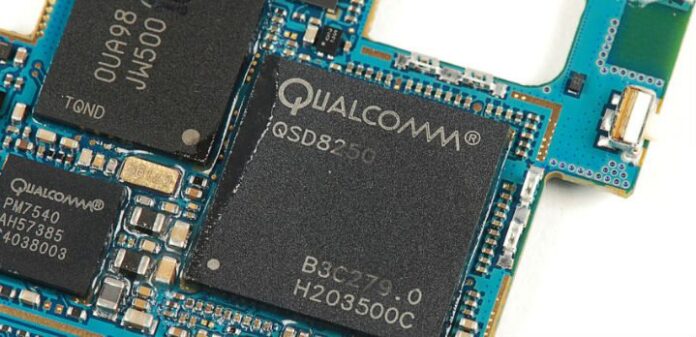South Korean authorities also investigating Qualcomm for antitrust issues
WASHINGTON – Qualcomm is looking to reestablish its importance in China following a $975 million fine imposed by China’s National Development and Reform Commission.
Qualcomm President Derek Aberle told the Financial Times during the Boao Economic Forum that the company learned the lesson “that we probably weren’t engaging as much as we should’ve been.”
The company generated almost half of its $26 billion revenue in China last year and counts China Mobile, Xiaomi, and Huawei among its clients.
The Financial Times reports that there’s an estimated 200 million phones in China that contain Qualcomm chips that have not had royalties paid for the use of the chips.
“Now [that] the investigation is behind us I think we’re in an environment to do things we otherwise would’ve been doing enforcing our agreements and driving compliance,” Aberle said.
Qualcomm is looking to piggyback on the expansion of Chinese telecom firms, which are the largest in the world and continue to grow.
“That’ll be a big focus of ours – helping Chinese [manufacturers] build their export business,” Aberle said. “For us, now that the investigation is behind us, we’re in a position to expand cooperation.”
In the $975 million China settlement, Qualcomm will offer licenses to its current 3G and 4G essential Chinese patents separately from licenses to its other patents and will provide patent lists during the negotiation process.
If Qualcomm seeks a cross-license from a Chinese licensee as part of such an offer, it will negotiate with the licensee in good faith and provide fair consideration for such rights.
Qualcomm will give its existing licensees an opportunity to elect to take the new terms for sales of branded devices for use in China, effective Jan. 1, 2015.
In addition to the Chinese settlement, Qualcomm is under antitrust investigation by the South Korean Fair Trade Commission.
“It wasn’t particularly surprising to us that [the KFTC] and potentially other competition authorities might want to ask questions and look into what happened in China, just given how high-profile the investigation was,” Aberle said. “So we’re in that stage of engaging with them on what their questions are.”

